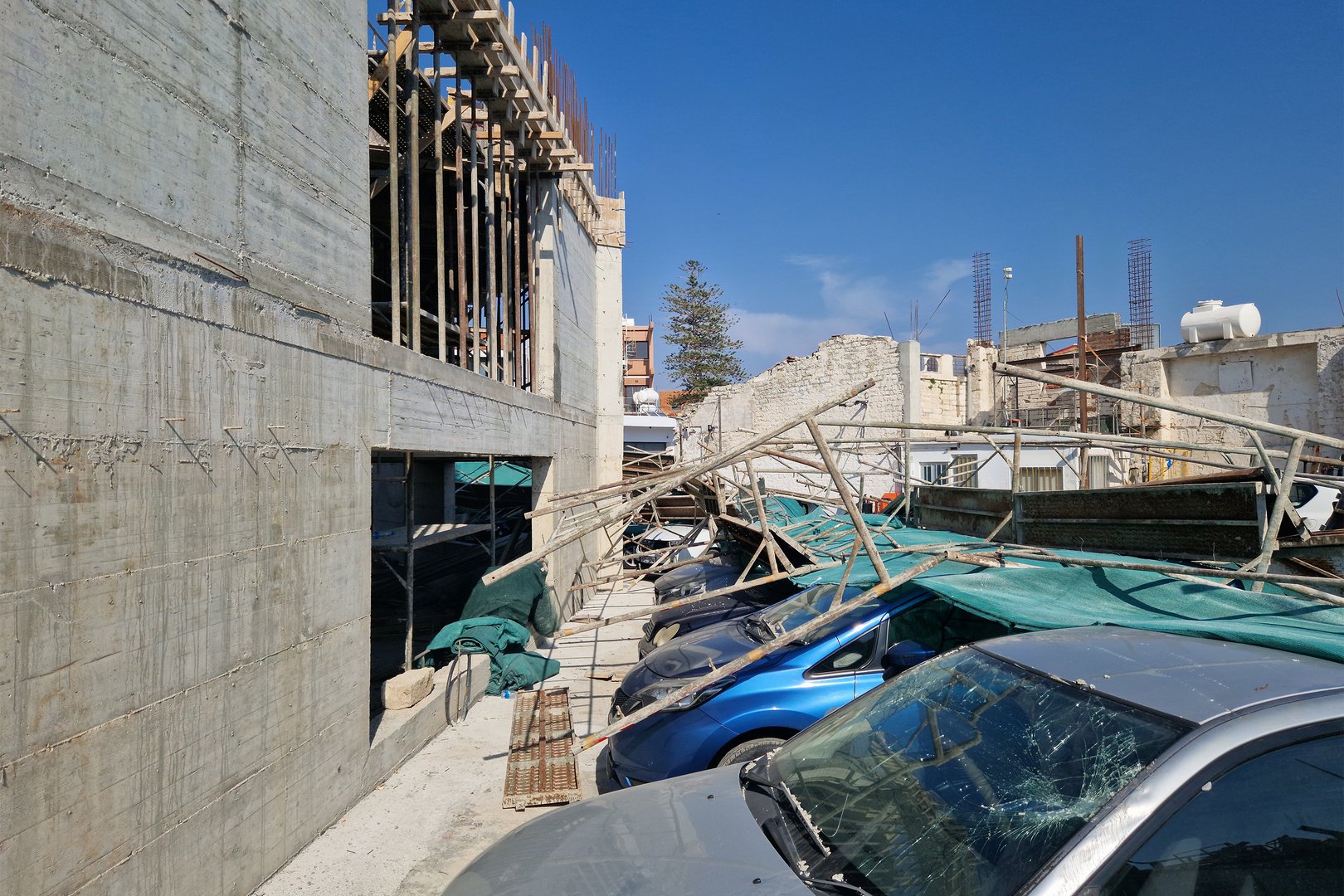Following last week’s train tragedy in Greece more details are coming out daily that point to a confluence of circumstances and negligence that led to the crash and not just human error on the day.
Early in February Greek rail workers had warned that a serious incident was all but inevitable without urgent improvements to safety systems following a minor rail incident at that time.
In Cyprus a health and safety researcher at the European University of Cyprus (EUC) in comparing the safety cultures of Cyprus and Greece, said there was a lack of checks and monitoring that needed to be examined; a more pro-active approach should be taken, she said.
She was stating the obvious but implied that there is a bit of a ‘cultural sloppiness’ at work.
Perhaps we think nothing like the Greek train crash could ever happen here. If so, we have short memories.
In 2011 a series of careless actions by government resulted in an explosion that took out the main power station, killing 13 people. It also happened in 2005 with the Helios plane crash that killed 121 people.
And just because an event on that scale has not occurred since 2011 this could be down to sheer luck. Last year there were four instances of balconies falling off of buildings. No one was killed but they could easily have been. Only the other day, a scaffold fell and damaged 12 cars in Limassol. Judging from the photos of the fallen equipment, if there had been people walking by at the time, there could easily have been fatalities.
According to the EUC researcher, a study looking at data from 2019-2020 in Cyprus, revealed hazards in the construction and manufacturing industries. She said serious work accidents were most often the end result of repeatedly ignoring small failures and omissions. This is what happened in Greece. Previous smaller incidents were ignored or dismissed because no one died at the time.
Even when some unfortunate foreign worker on a building site in Cyprus dies on the job, what actually happens? Late last month an employer in the Famagusta area was found guilty of causing the death of a worker and creating unsafe conditions. His punishment was a fine of €2,500 plus a suspended jail sentence of 12 months. In other words, no punishment at all. It was not just an ‘accident’. The employer was found guilty of failing to meet safety standards because he had not installed a barrier that would have prevented the worker from falling.
All of these unconnected events, a train crash, falling balconies, a worker’s death have one thing in common – a seemingly total disregard for human life by those who have built substandard buildings or taken a blasé approach to running their businesses. Let’s add to that the successive governments that have been complicit through their lack of oversight when it comes to small infractions, and the justice system, which is dishing out penalties that seem to be anything but a deterrent.







Click here to change your cookie preferences